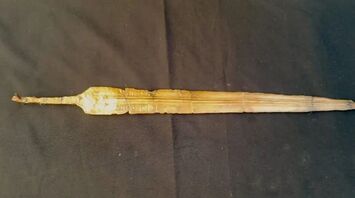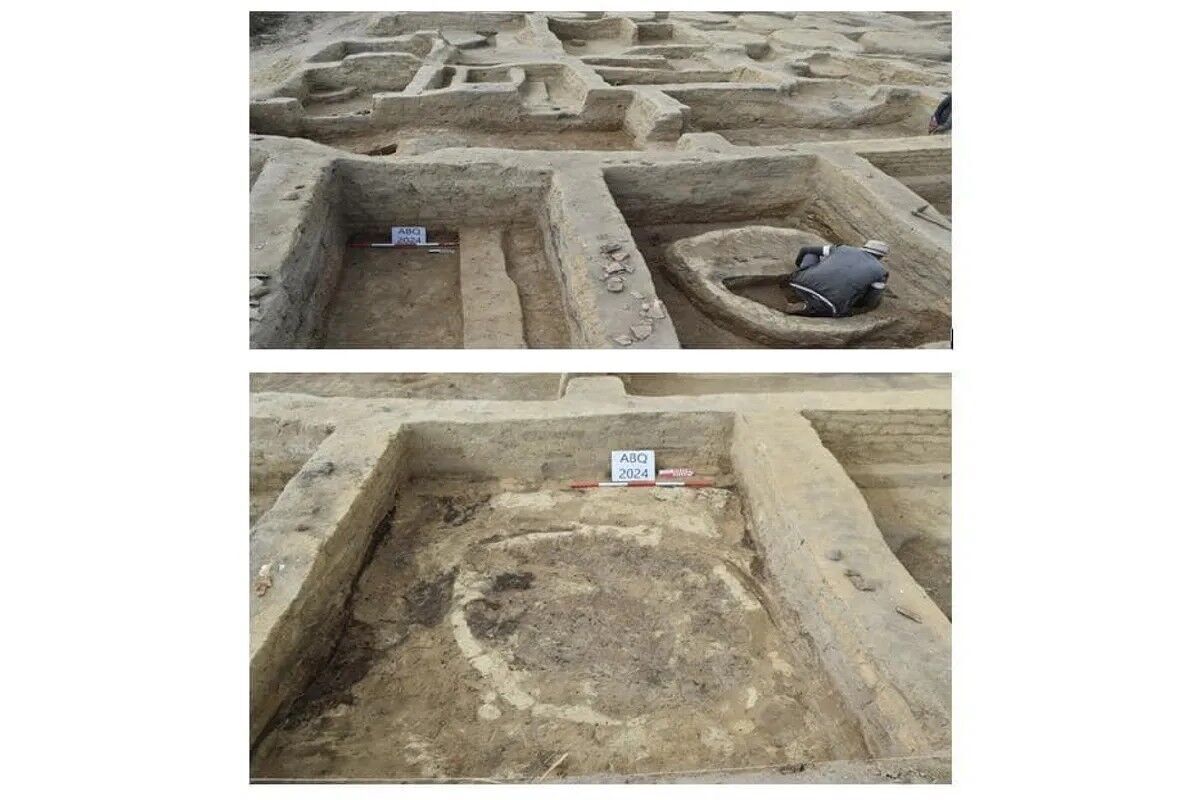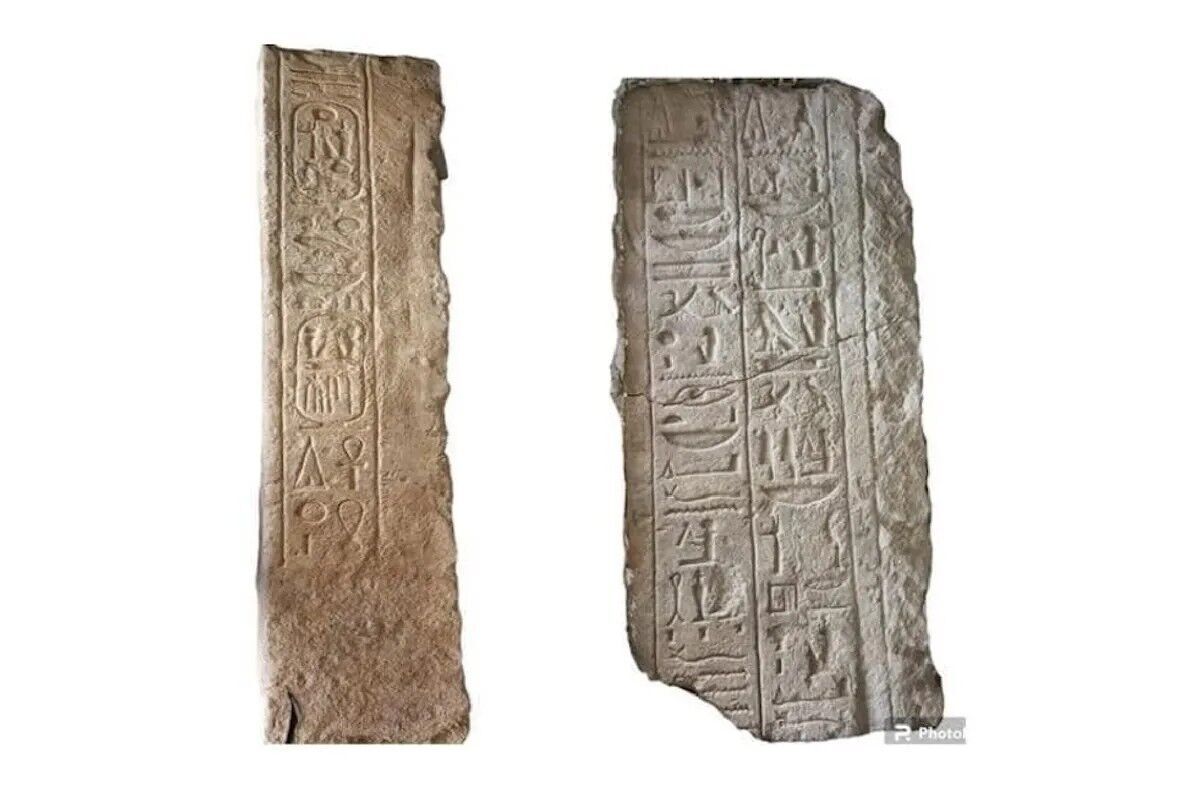Breakthrough at 3,200-year-old Egyptian Military Barracks Yields Sword with Ramesses II Inscription

Archaeologists in Egypt have unearthed a 3,200-year-old military barracks, uncovering a treasure trove of artifacts including a bronze sword inscribed with hieroglyphs depicting the name of Ramesses II. The discovery provides insights into ancient Egypt's military strategies and logistical operations.
The barracks contain a series of storerooms for grain and ovens for baking. Moreover, pottery containing bones of various animals, including fish, was found, along with multiple cow burials. Ahmed El Kharadly, an archaeologist with the Egyptian Ministry of Tourism and Antiquities, explained that while cows symbolized "strength, abundance, and prosperity" as revered celestial deities, the presence of cow bones near an oven suggests they were used for food. "This confirms they were likely divided and stored in silos after drying," El Kharadly said.
Significantly, the excavation unearthed numerous weapons, including the bronze sword engraved with Ramesses II's name. Found in a small room within the barracks, near an entry point prone to breaches, the sword's placement suggests it was used for combat. Additionally, two inscribed limestone blocks were found—one referring to Ramesses II and the other to an official named Bay.


Strategically situated along a military road in the northwest Nile Delta, the barracks allowed Egyptian forces to confront threats from the western desert or Mediterranean Sea. This location underscores the fortress's role in controlling entry into Egypt during Ramesses II's reign, said Peter Brand, a history professor at the University of Memphis. Although other military sites from Ramesses II's era have been discovered, none are as well-preserved as this barracks. Brand added that the weapon evidence indicates the site was well-armed and possibly even produced some weaponry on-site. The bronze sword was likely a royal reward, enhancing the prestige of its officer while promoting the king's wealth and generosity.
The discovery aligns with historical texts suggesting that a growing threat from the Libyans necessitated the construction of such defenses. Anthony Spalinger, a professor of classics and ancient history at the University of Auckland, noted that this site corroborates textual accounts about Libyan threats, reinforcing the barracks' strategic importance.
This excavation deepens our understanding of Egypt's military logistics under Ramesses II, revealing a complex and well-defended infrastructure that played a crucial role in maintaining the nation's security.



















